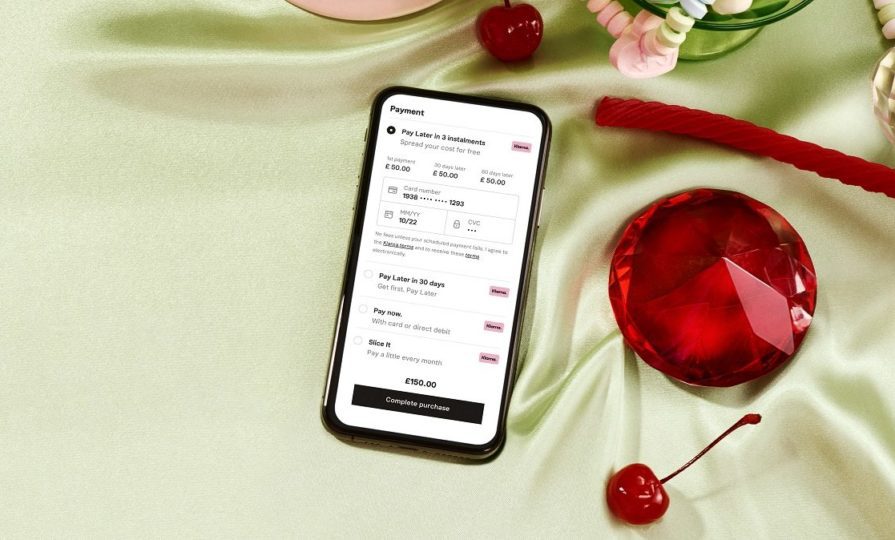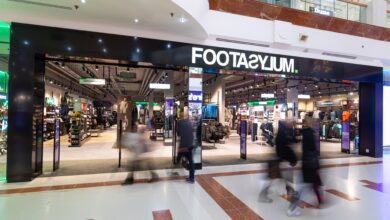
The idea of Buy Now, Pay Later has always been around in the retail market, with companies such as Layaway operating with US supermarket giant Walmart for decades. Yet with the rise in popularity of the electronic credit card halting the growth of this form of payment option in the early 2000s, it seemed as though companies like Layaway would be confined to a certain size and space.





